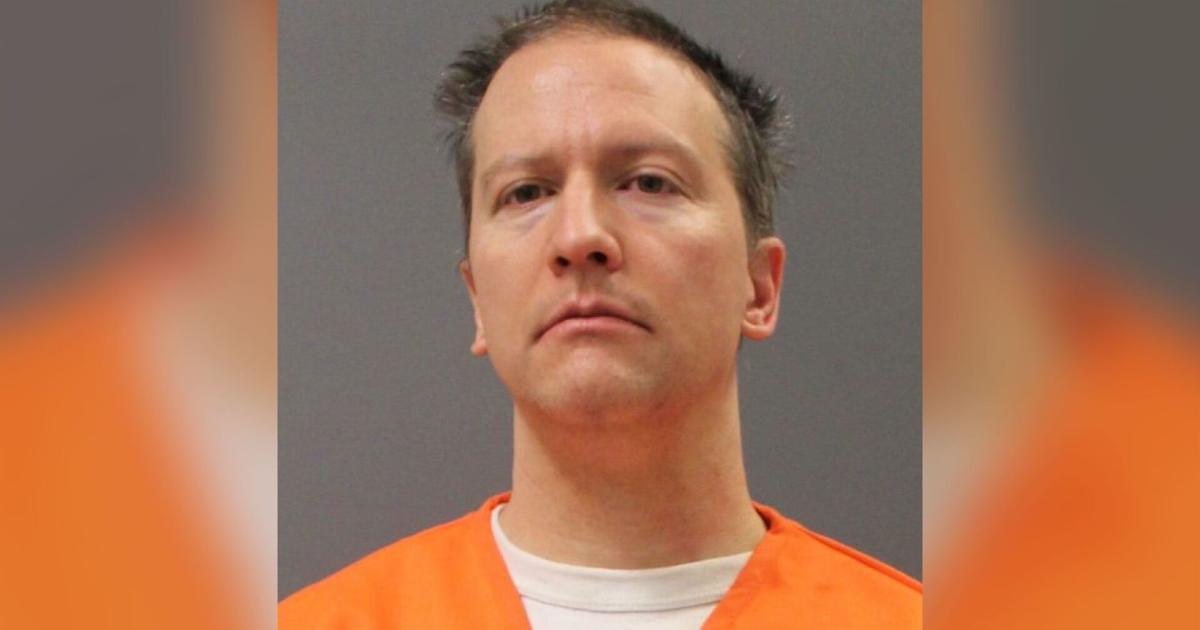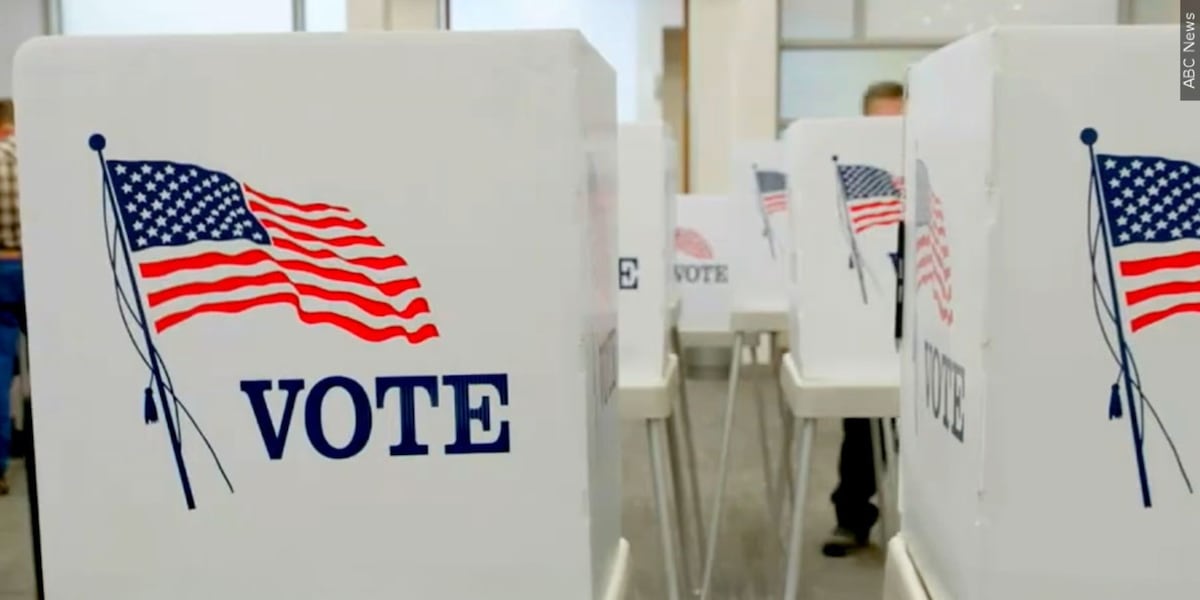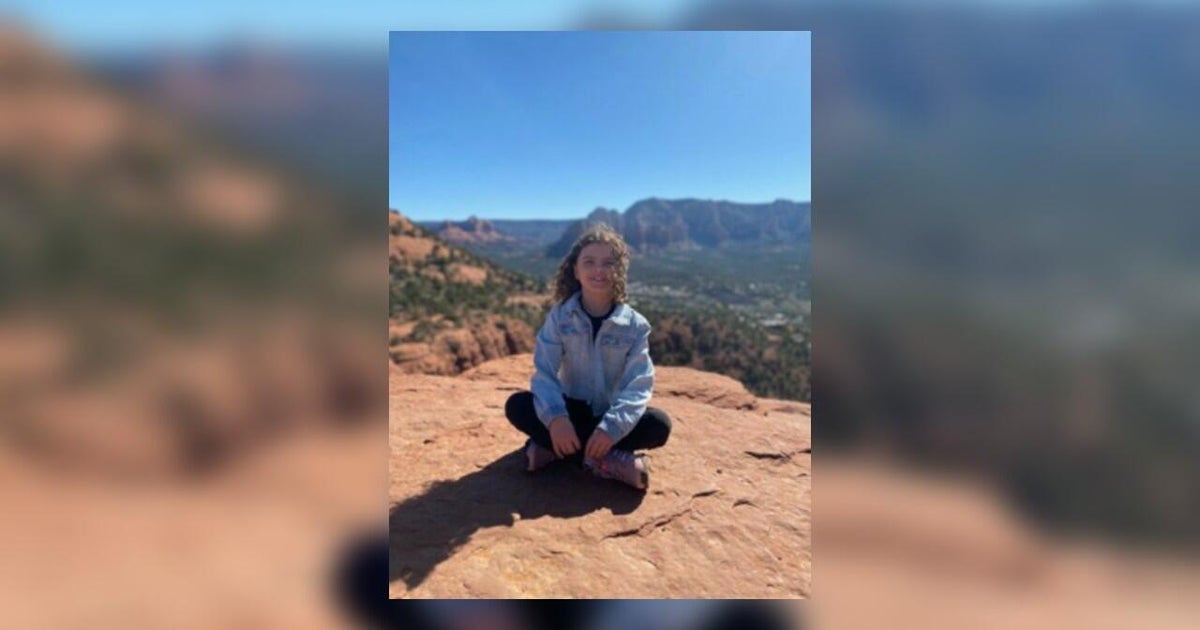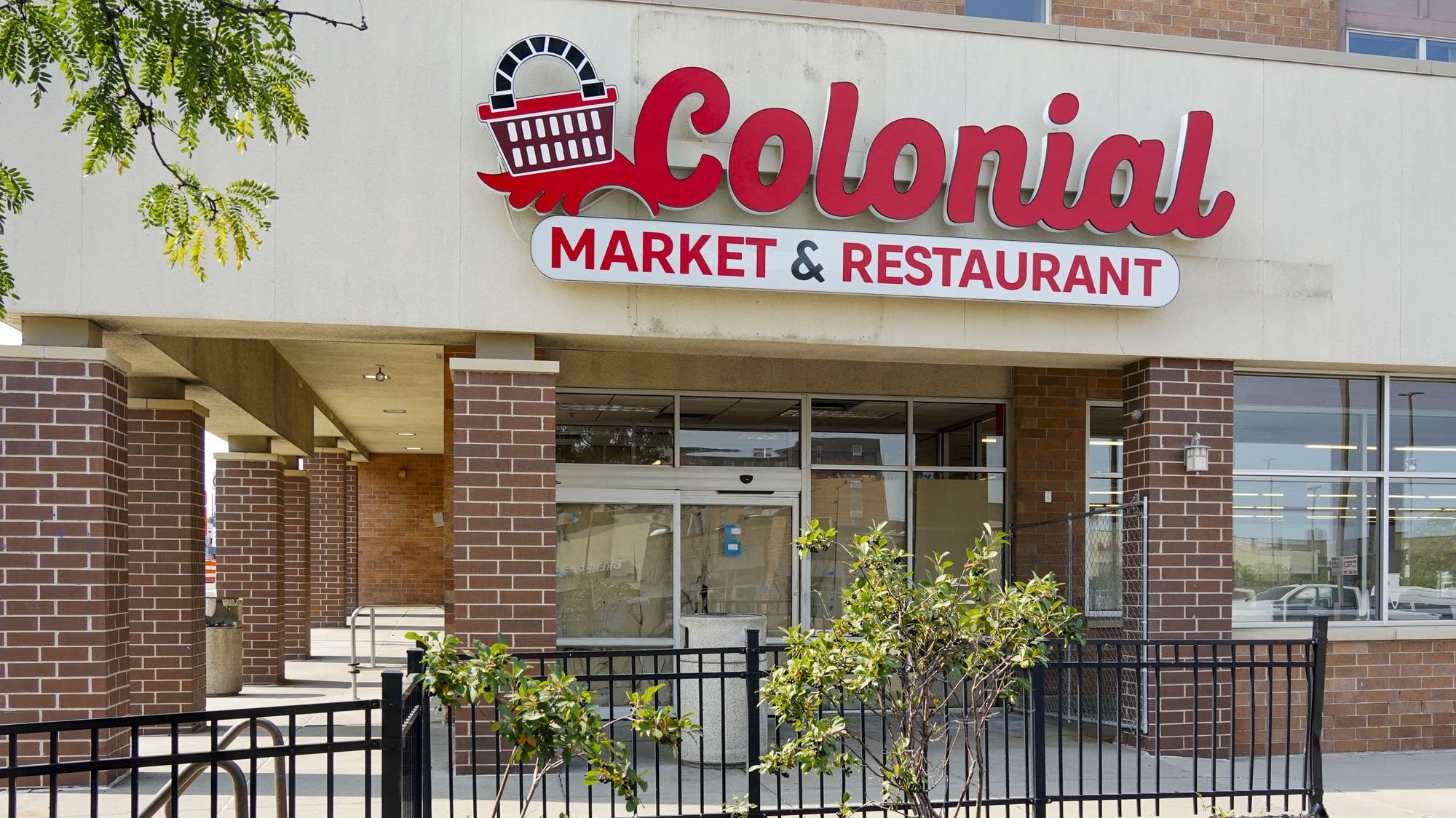(CNN) — Derek Chauvin, the man who killed George Floyd, will take the appeal of his state murder conviction to the Supreme Court after Minnesota’s top court denied the request to hear his petition.
“We will petition the United States Supreme Court via a Writ of Certiorari and ask them to review the lower court’s decision on behalf of Mr. Chauvin,” attorney Gregory M. Erickson said in a statement Wednesday.
The Minnesota Supreme Court denied Chauvin’s appeal without comment in a one-page filing dated Tuesday.
CNN has reached out to the Minnesota Attorney General’s Office for comment.
Chauvin’s lawyers have said there were various reasons to overturn the conviction, including a state district court depriving the former Minneapolis police officer of his right to a fair trial when they denied his request for a change of venue, despite “pervasive adverse publicity.”
Chauvin was found guilty in April 2021 of second-degree unintentional murder, third-degree murder and second-degree manslaughter. He was sentenced to 22 and a half years in prison, which exceeded Minnesota’s sentencing guideline range of 10 years and eight months to 15 years.
Chauvin later pleaded guilty to federal charges of violating Floyd’s civil rights and was sentenced to 21 years in prison to run concurrently with his state sentence.
Body camera and bystander video that captured the final moments of Floyd’s life on May 25, 2020, show Chauvin kneeling on the 46-year-old Black man’s neck and back for more than nine minutes as Floyd gasped for air and told officers, “I can’t breathe.”
Floyd’s death ignited prolonged protests across the country over police brutality and racial injustice. An investigation by the state Department of Human Rights launched a week later found Minneapolis and its police department engaged in “a pattern or practice of race discrimination,” according to its 2022 report.
Chauvin is incarcerated at the medium-security Federal Correctional Institution in Tucson, Arizona, according to the Federal Bureau of Prisons website.
Attorney cites publicity, protests, and prosecutorial misconduct in appeal
In his April 2022 filing to the state Court of Appeals, Chauvin attorney William Mohrman listed more than a dozen aspects of the case and trial that he argued tainted the proceedings and rendered them “structurally defective.”
The list included extensive pretrial publicity and protests outside the courthouse, as well as the city’s announcement during jury selection that it would pay a $27 million settlement to Floyd’s family.
Chauvin and his attorney also asked the appeals court to review whether the venue should have been changed, the jury fully sequestered, or the trial delayed because of pretrial protests and media coverage.
The appeal to the lower appeals court also accused prosecutors of misconduct, alleging the state’s attorneys failed to properly disclose discovery information and adequately prepare prosecution witnesses.
In the 50-page decision affirming Chauvin’s conviction last month, a three-judge panel of the Minnesota Court of Appeals held in part that Chauvin failed to show actual prejudice.
At the time of Chauvin’s sentencing in June 2021, Judge Peter Cahill wrote in a memorandum that the case warranted a harsher sentence because Chauvin “abused his position of trust and authority” and treated Floyd “without respect and denied him the dignity owed to all human beings.”































